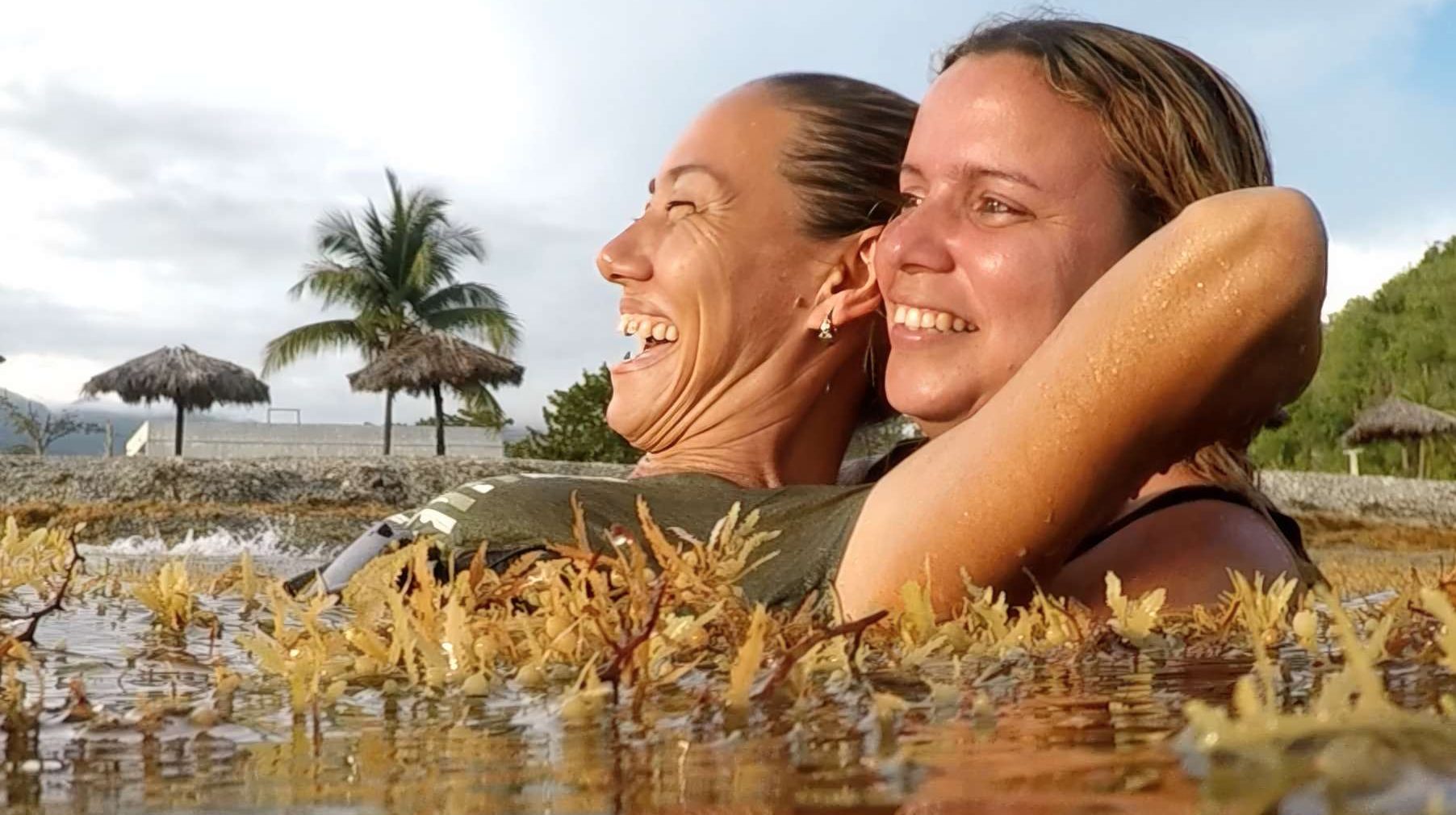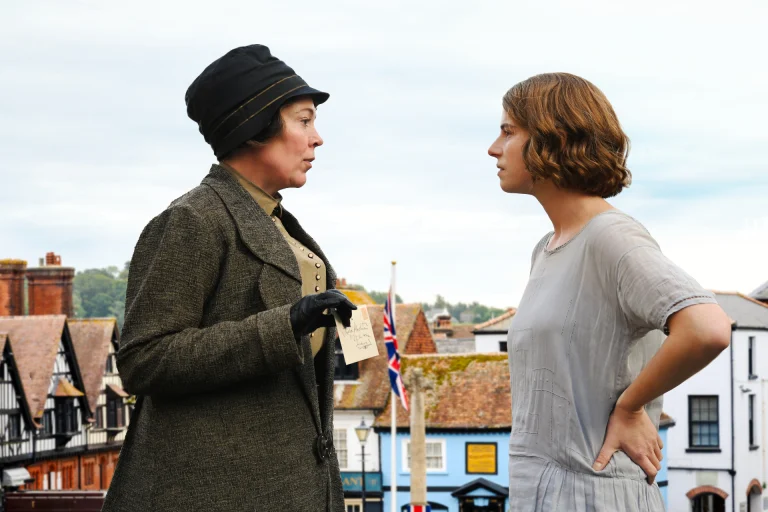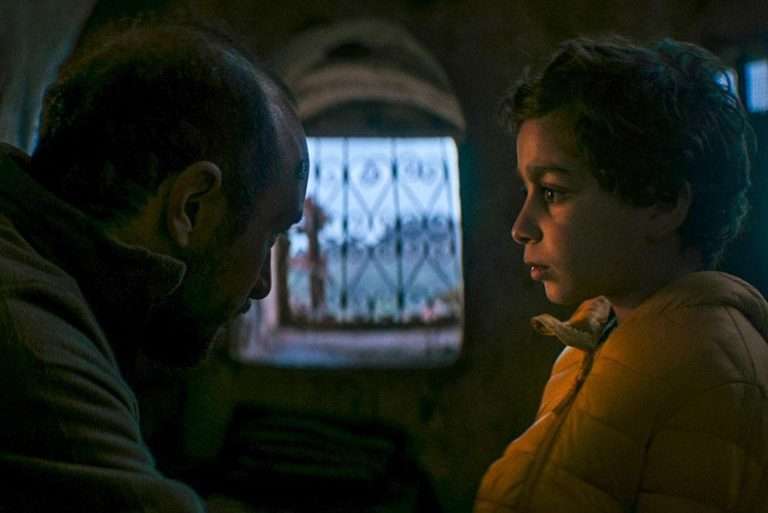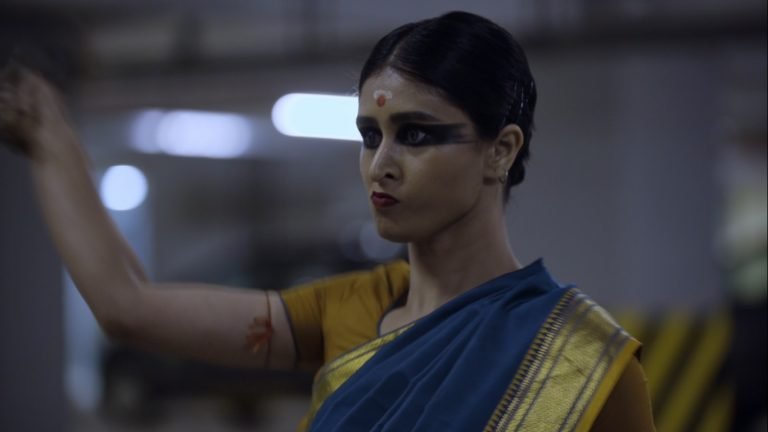Julian Schnabel’s 2000 chronicle of Cuban gay persecution, “Before Night Falls” (based on Reinaldo Arenas’s autobiographical book), still looms large in our perception of LGBTQ+ rights in modern Cuba. Kim Anno’s solid and rather decentralizing documentary ¡Quba! aims to change that perception, the way public perception and legislation have changed a lot for LGBTQ+ people in Cuba.
Released in a period in which trans rights are the focus of discrimination by the new US administration, the 70-minute documentary purports to make a non-confrontational, almost congenial story of activism bathed in Cuba’s own natural charm (and its rich music, present and past, culture). ¡Quba! starts with an all-male choir performing like the 1959 Los Zafiros Cuban group, hopefully bridging musically a past full of hatred with a present full of hope.
It goes on to reveal the cartography of small but culturally loaded LGBTQ+ places and their practitioners. An encounter with Adela Hernandez, the first trans politician in Cuba’s government, shows us both glimpses of her prison past (some archival material with Fidel Castro declaring the end of discrimination is ironically juxtaposed here) and her more hopeful present and future.
This progressive change in rights did not occur all of a sudden; Mariela Castro Espín, the director of the Cuban National Center for Sex Education (and niece of Fidel Castro), was instrumental in propagating same-sex equality through her work (she’s also featured in Anno’s doc). ¡Quba! rightly identifies the heart of homophobia and transphobia in patriarchal machismo (aided by various Church teachings).
It takes the stance of featuring, for the most part, cis and trans women, like the lesbian activists Isel Caldazilla and Isbrailda Ruiz Bell, talking about human rights in a very personal, engaging way. Putting the whole cause in a number of rural communities (where poverty is overwhelmingly visible), ¡Quba! becomes less of a protest-laden film and more of a ‘what if’ all those provisions the Cuban LGBTQ+ community is fighting for would eventually become a Reality.

The film’s easygoing pace sometimes works against its purpose, and oppression seems to be a very thing of the obscure past. There’s a particular resonance in the old hating dictum “I’d rather have a dead son than a gay son” that the film mostly wants to shift away from, like a bad dream that needs to go away.
The second part of the documentary moves toward the 2022 September referendum mark, in which Cubans would need to approve (or reject) the new Cuban Family Code, which eventually introduced marriage equality, among other provisions. Even the Church representatives in Anno’s film (who are against marriage equality) look determined but not bigoted. But don’t get over-excited; propaganda and anti-LGBTQ+ ads can find their way into people’s phones, both foolish and persuasive.
The Cuban referendum had a happy ending, as did the film by its LGBTQ+ director. It’s snippets of ordinary LGBTQ+ life can sometimes be invigorating, like the El Mejunje cultural haven for the LGBTQ+ community. Its medium-length running time makes it more difficult to get a stronger focus on characters, but it has its own precious moments, and some of them are related to non-LGBTQ+ agents. For instance, in the scene featuring the mother of the gay son, both seated in their home, the mother can find her own justification for her son’s gayness at the moment of her own pregnancy. Regardless of its scientific validation, it rings both warm and genuine to her son.
¡Quba! is meant to increase empathy for the Cuban LGBTQ+ community by noticing how people live together, work, and act culturally. It also reminds us that community problems are the same everywhere, yet they must have their own special heroes. This is shown effectively in this sprightly, LGBTQ+ encouraging documentary.


![Tope [2017]: A Lost Master](https://79468c92.delivery.rocketcdn.me/wp-content/uploads/2017/06/The-Bait-768x433.jpg)

![The Mole Agent [2020] Review – An Unusual and Insightful Examination of Old Age](https://79468c92.delivery.rocketcdn.me/wp-content/uploads/2021/04/The-Mole-Agent-2020-768x528.jpg)

